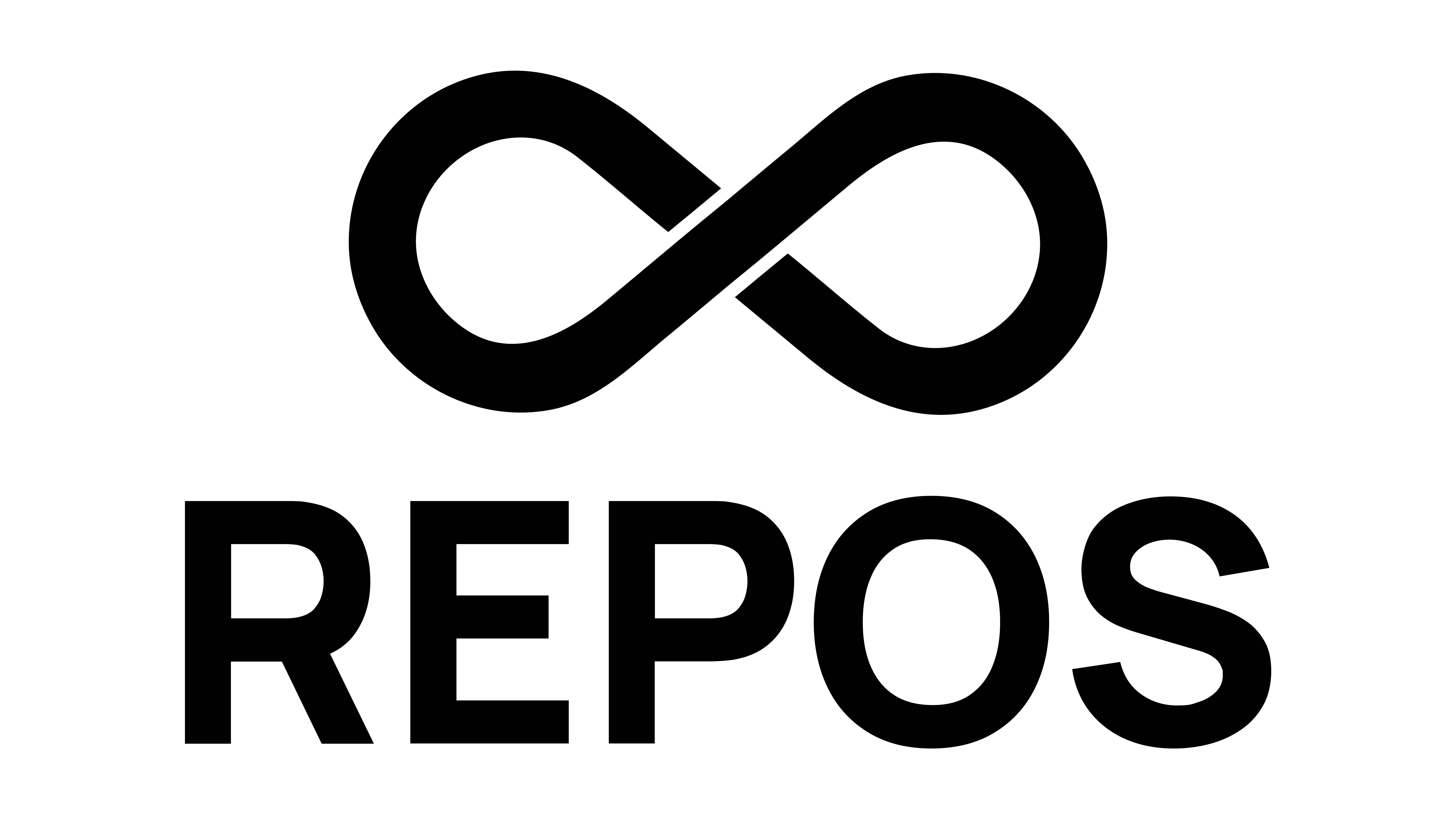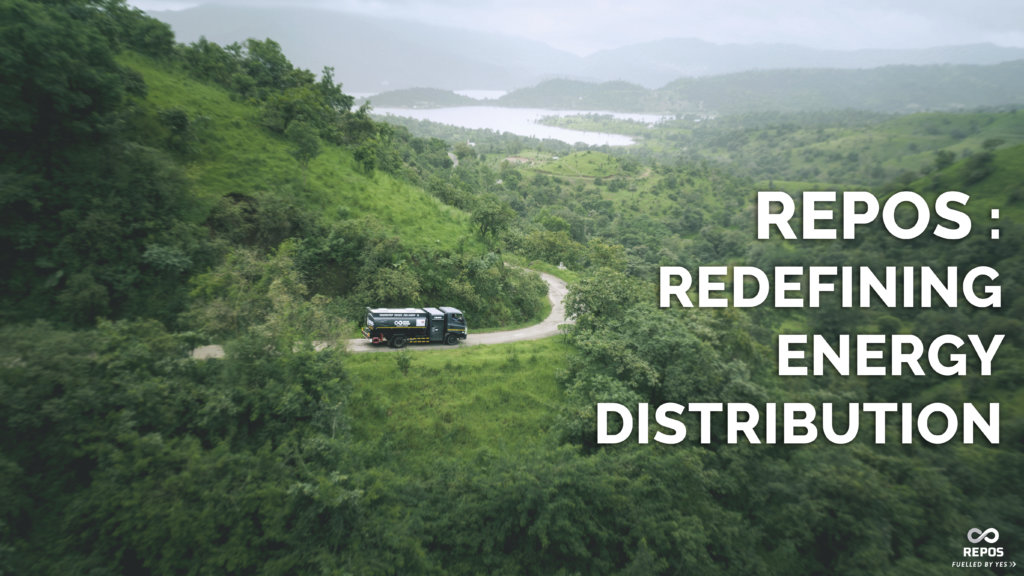Isn’t it interesting to look at the time lapse of a plant from when it is a mere seedling to when it becomes a fully grown, fruit-bearing marvel? The vast network of internal roadways in plants that are responsible for trans-locating nutrients and sugars to each part of the plant are so intricately designed that they can sustain for the most part without human intervention. Imagine if this network was broken, and important elements that were integral to a plant’s growth never reached the full body of the plant? The plant would be stunted or dead before its time.

The importance of connectivity holds its ground when it comes to elements that govern human existence and productivity. Today, our necessities reach our doorstep through well-established networks that make sure that we are always well-equipped with what we need as means of sustenance. If and when we run out of cooking gas, we can simply place an order and we get a refilled cylinder brought to us. Other necessities like water and electricity are uninterrupted to make sure that our day-to-day activities don’t come to a halt. However, there is still one object of necessity that does not have the same level of connectivity when it comes to its distribution system, and that is energy.
When we talk about energy, it covers a wide plethora of resources derived from fossils or natural sources that fuel our private vehicles as well as industrial equipment. Out of all these fuels, diesel is used in the highest volume because this is what our infrastructure supports at the moment. In fact, India is the third-biggest importer and consumer of diesel fuel. Out of the entire quantity of diesel consumed, only about 15% goes into private vehicles? The rest goes into fueling the commercial sector which includes industries, manufacturing, infrastructure, agriculture, real estate, mining, and many such sectors which strengthen the backbone of a country.
Bulk users of diesel that make up the commercial sector procure diesel from retail outlets through different means like bowsers, barrels, and jerry cans. These methods lead to spillage, pilferage, and dead mileage. About 8-10% of the diesel procured is therefore wasted. The only way to tackle this problem is through doorstep diesel delivery.
Since its inception, Repos has concentrated on tackling procurement losses while being an environmentally friendly option. It aims to build a well connected network of mobile petrol pumps that bring fuel right to the doorstep so that all the problems associated with fuel procurement are cut out. This is done using Repos Mobile Petrol Pumps connected to a user-friendly phone application. Starting with diesel, Repos will continue to work towards delivering other liquid, gaseous and electric sources of energy right at doorstep.
The doorstep diesel delivery method has been proven to reduce as much carbon emissions as 24 crore trees, which is twice the size of the city of Mumbai!
Additionally, doorstep diesel delivery cures a problem that is almost certain to cripple us in the years to come. Our country does not have the means to satisfy the rising demand for diesel in the coming decade. India in 2019 had 65,973 retail outlets catering to its 27 crore litre per day requirement. This requirement is projected to increase by 5.5% till 2029 and the diesel quantity will increase to 43 crore litres. We do not have the space or capital to accommodate retail outlets to satisfy our projected demand. Hence, the only way to cater to the demand is through the use of mobile petrol pumps.
Hence, doorstep diesel delivery is not just one of many necessities but the absolute need of the hour. Just as the goodness from soil trickles up to the last of leaves in a plant, a well-connected energy network has the potential to take India to successful heights and unfurl its innate potential.

